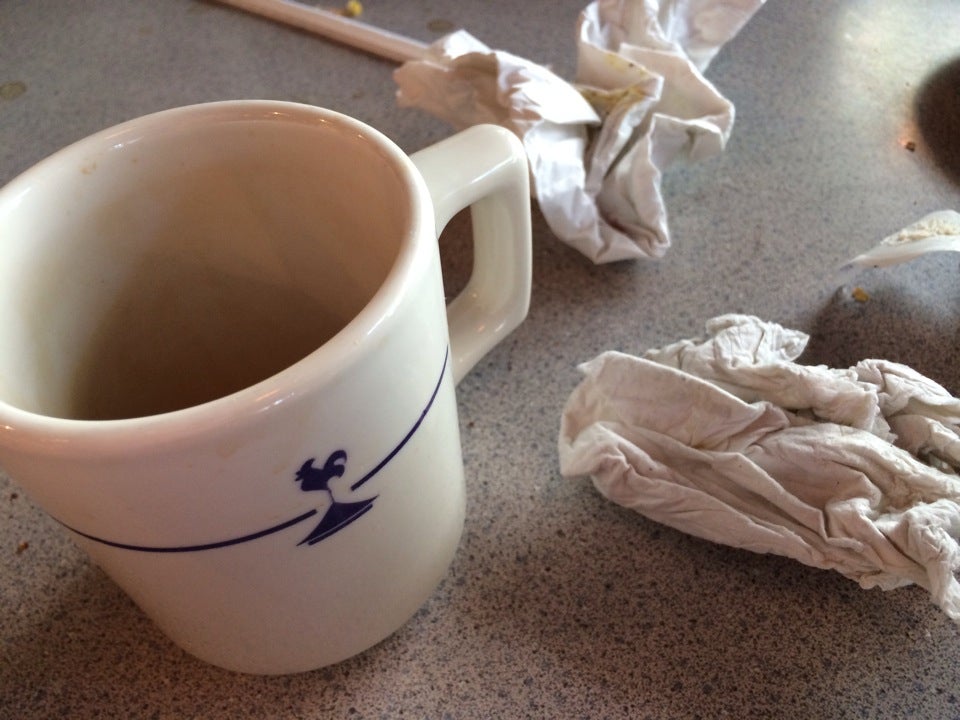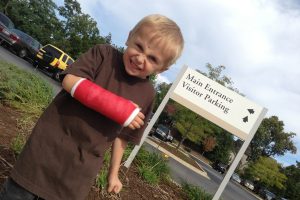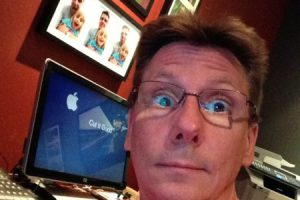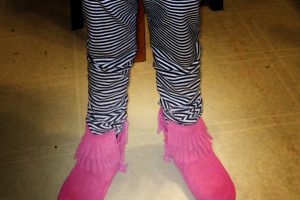
Sydney And Her New Boots
It’s amazing how young they start liking shoes. She picked there out herself on Mom’s iPad.
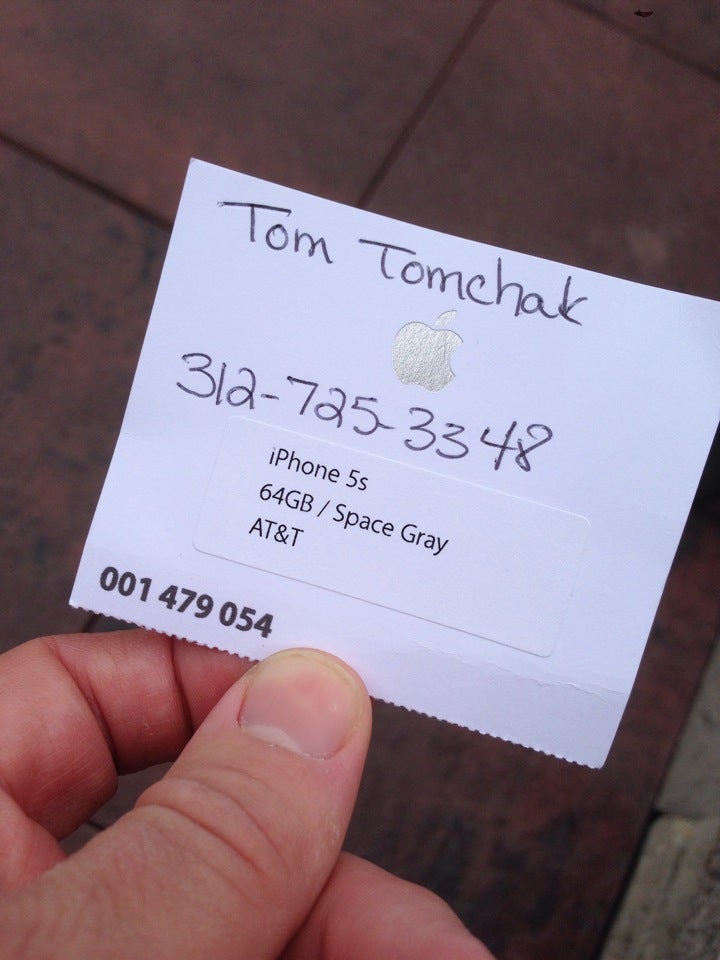
Big surprise. I know.
I’m at Apple Store, Oakbrook! http://foursquare.com/v/4aa19105f964a520054120e3

Another Weekend ER Visit
I thought for sure it was nothing, but as it turns out he broke his wrist in 2 places, so he will need to get a cast this week. On the up side, the next time we check into the hospital we get a free appetizer from the cafeteria kitchen and our own ER parking […]
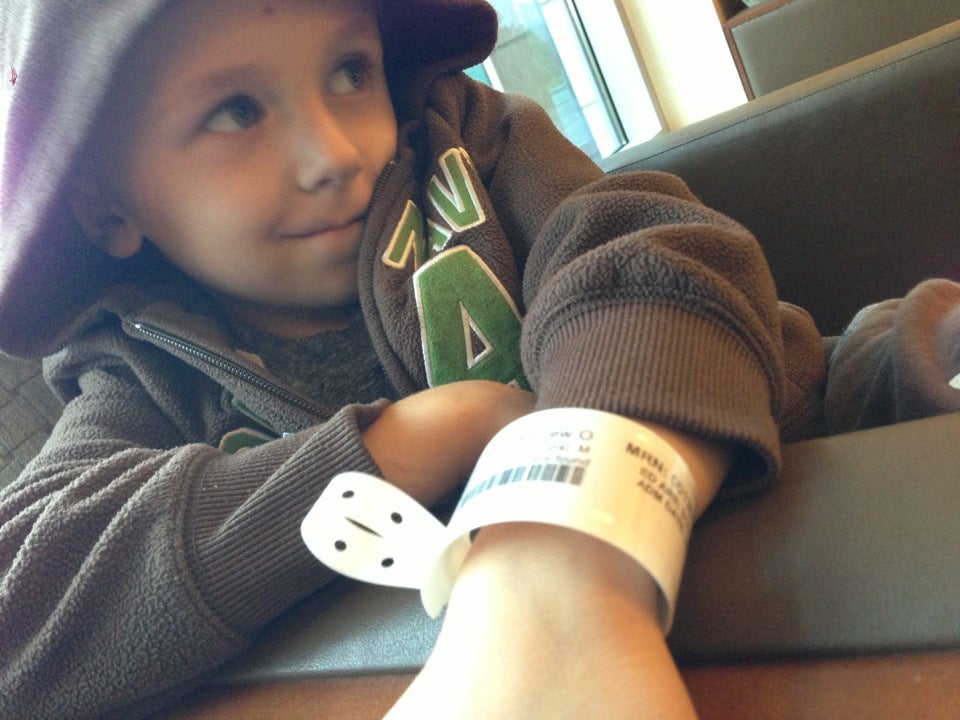
Damn American Ninja Warrior TV show! Andrew fell hard on his wrist this morning while imitating the show.
I’m at Central DuPage Hospital ER! http://foursquare.com/v/4df8adacaeb70af3f2775968
